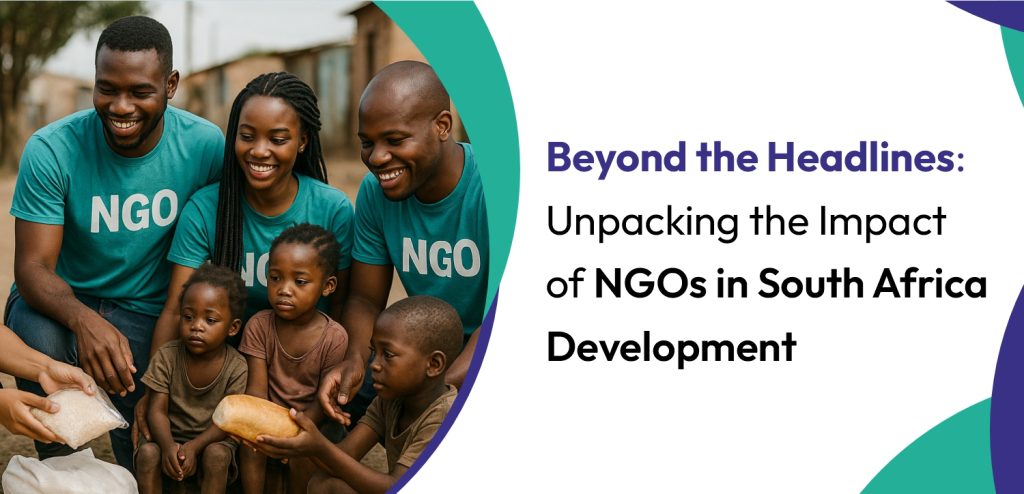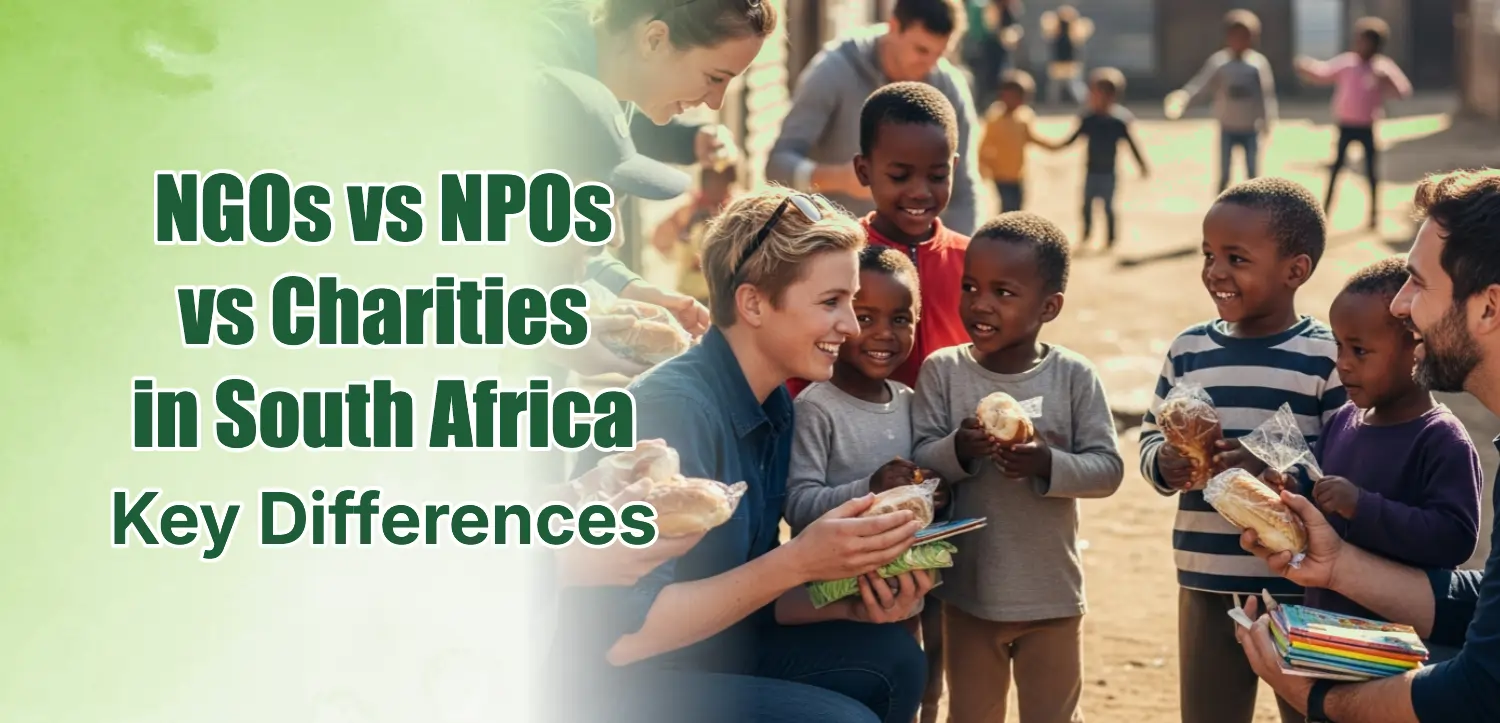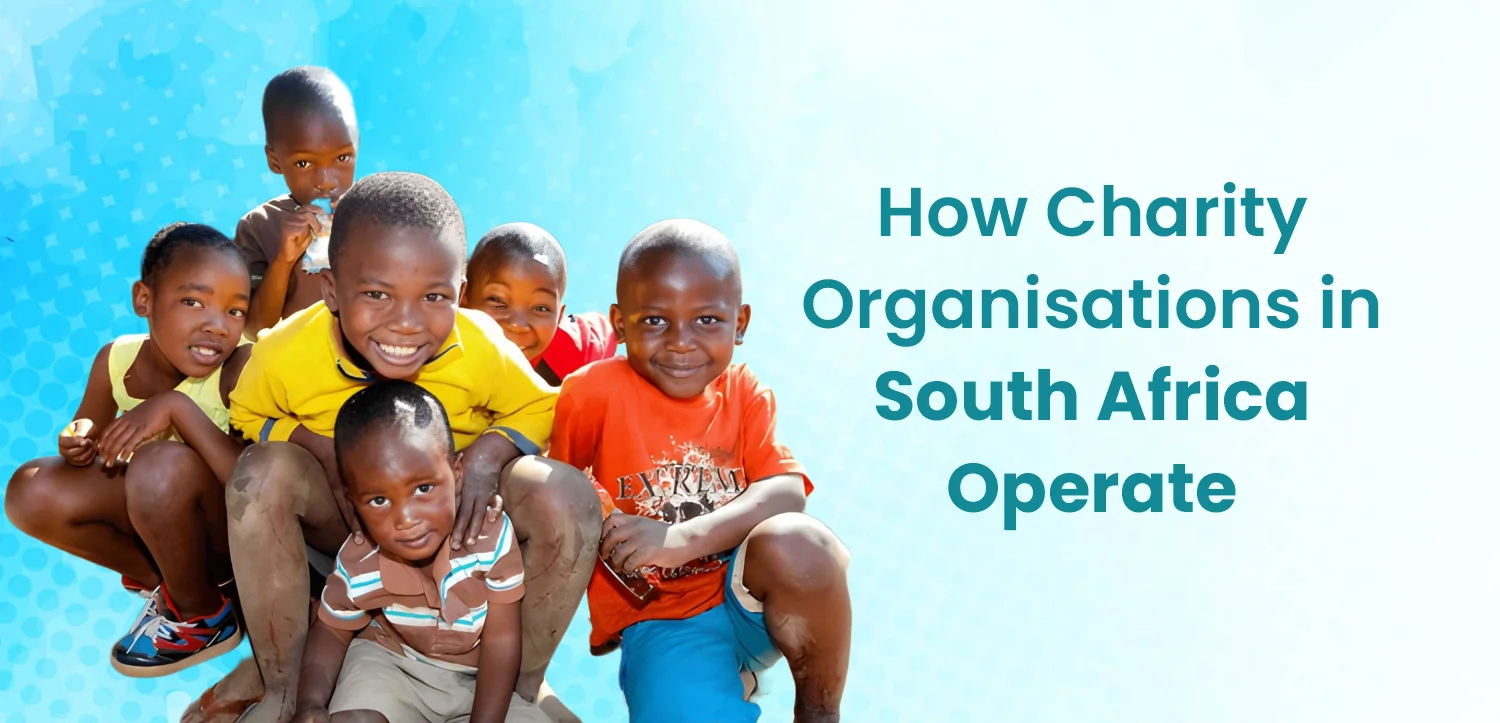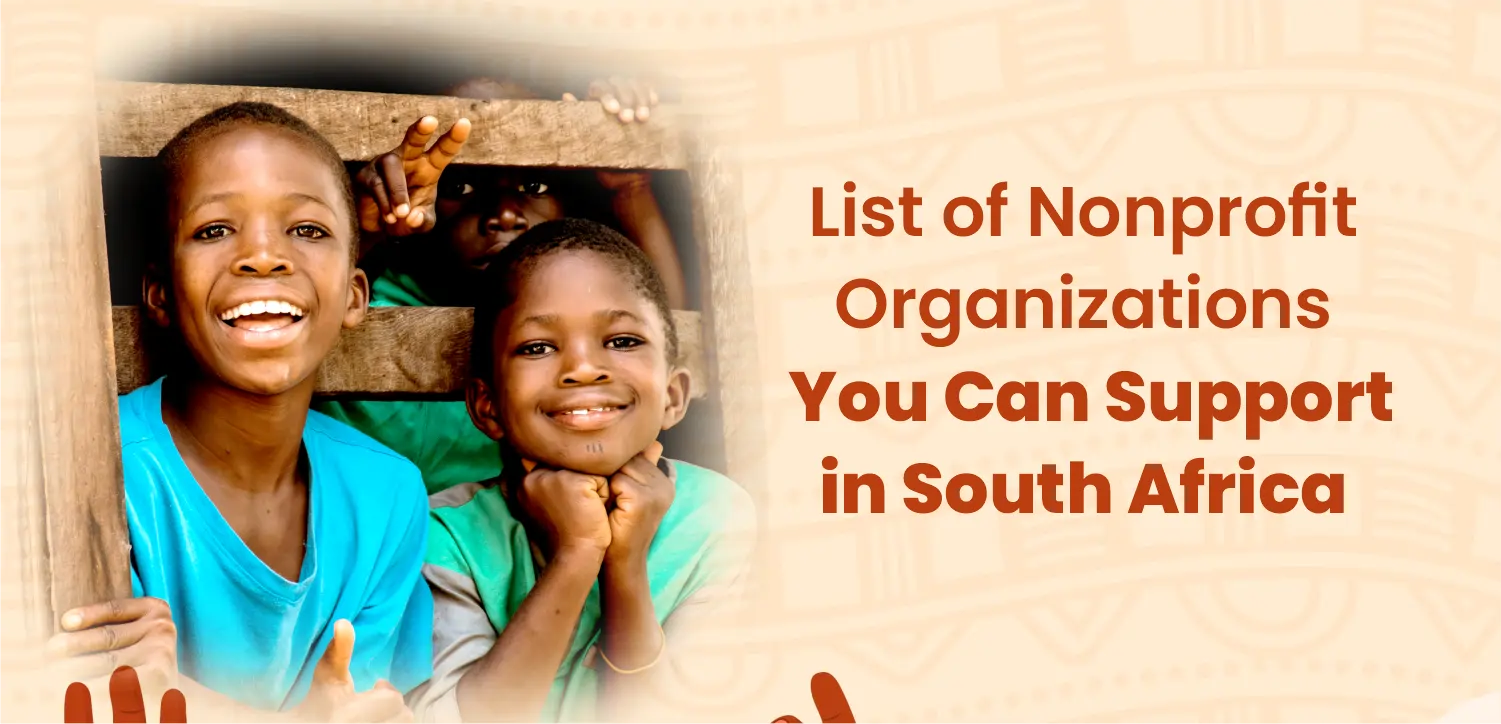In NGO, where stark inequalities persist even three decades after apartheid, Non-Governmental Organizations (NGOs) have emerged as powerful agents of transformation. Working beyond media coverage and political limelight, NGOs are making a tangible difference in the lives of millions, often in the country’s most underserved regions.
From education and health to gender equity and disaster response, NGOs form the backbone of grassroots development. Their role is not just about service delivery—it’s about building capacity, restoring dignity, and empowering people to take charge of their futures.
Why NGOs Matter
Continues to face a range of development challenges:
- Over 30% youth unemployment
- Widespread poverty in rural provinces
- Unequal access to quality education and healthcare
- Ongoing crises like gender-based violence, HIV/AIDS, and climate-related emergencies
While the government has implemented various policies and social welfare programs, gaps remain—particularly at the local and community level. NGOs step in to bridge these gaps through targeted programs that are community-driven, responsive, and sustainable.
Key Sectors Where NGOs Are Creating Impact
Education & Digital Literacy
In regions like Limpopo and the Eastern Cape, NGOs are working to ensure that children not only attend school but thrive academically. From after-school tutoring to providing school supplies and digital learning tools, their role has become crucial in reducing dropout rates and improving literacy.
NGOs like IkamvaYouth and The Learning Trust are known for empowering youth through education and skills training—giving disadvantaged students access to brighter futures.
Health & Wellness
NGOs are vital players in South Africa’s healthcare ecosystem. Organizations such as Doctors Without Borders, LoveLife, and Right to Care operate mobile clinics, run awareness campaigns, and offer free screenings for diseases like tuberculosis, HIV/AIDS, and cervical cancer.
In rural and informal settlements, these health programs have been life-saving, especially where public health infrastructure is weak or non-existent.
Gender Equity and Women Empowerment
Gender-based violence remains a critical issue in South Africa. NGOs like Sonke Gender Justice and People Opposing Women Abuse (POWA) provide legal aid, trauma counseling, and shelter to survivors of domestic violence.
They also work at the policy level, advocating for stronger protective laws, better enforcement, and broader gender sensitivity in governance and communities.
Disability Inclusion
Organizations like Narayan Seva Sansthan, which has extended its mission into parts of Africa, are leading projects that include prosthetic limb distribution, disability rehabilitation, and vocational training.
These NGOs not only restore mobility but also dignity and self-reliance among the differently-abled, changing the way disability is perceived in South African society.
Policy Advocacy & Partnerships
South African NGOs don’t just work on the ground—they influence national and regional policies too. Many are part of coalitions that submit recommendations to Parliament, engage in public education campaigns, and partner with global bodies like UNICEF, USAID, and the World Bank to fund and scale their initiatives.
This dual strategy—grassroots action plus advocacy—gives them a unique advantage in creating long-term systemic change.
Challenges NGOs Continue to Face
Despite their success, South African NGOs face serious obstacles:
- Funding instability due to reliance on donors and grants
- Staff burnout because of long hours, limited resources, and emotionally demanding work
- Bureaucratic delays in registration, compliance, and access to state partnerships
- Safety concerns, especially in volatile regions
- These challenges highlight the need for better frameworks, corporate partnerships, and consistent public support.
How You Can Support NGOs
You don’t need to be wealthy or highly skilled to support change:
- Donate to verified NGOs making impact in your region of interest
- Volunteer your time, especially in teaching, digital support, or fieldwork
- Share their mission on social media to raise awareness
- Partner through CSR if you represent a business or brand
Small actions build big movements when consistent.
Conclusion: NGOs as Pillars of Progress
NGOs are not only responding to today’s social crises—they are laying the foundation for a better future. Their tireless work in education, healthcare, advocacy, and empowerment reaches far beyond what the headlines capture.
As South Africa continues its journey toward equity and justice, the role of NGOs remains indispensable. Whether you choose to support, collaborate, or simply spread awareness, remember this: lasting development is not a solo act. It’s a collective responsibility, and NGOs are leading the way—with courage, compassion, and commitment.








